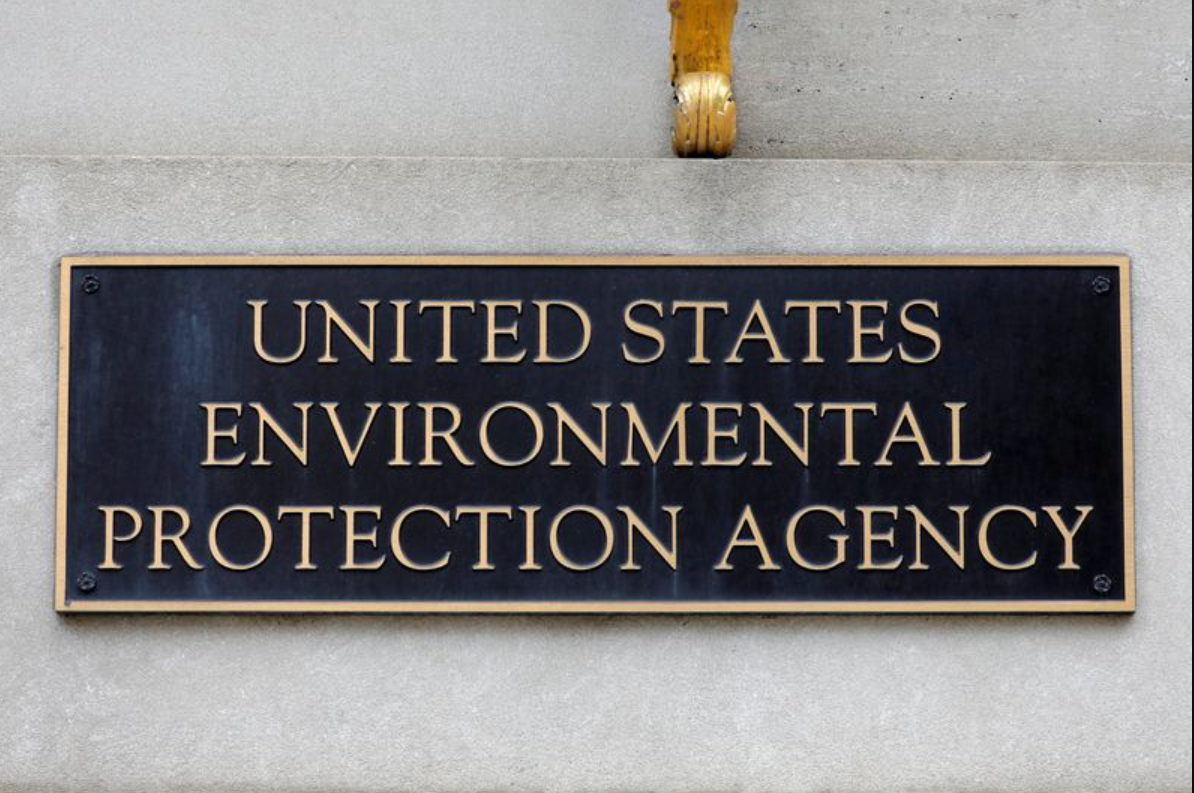
The Republican majority on a U.S. House of Representatives panel criticized two Environmental Protection Agency officials who declined to appear at a hearing Wednesday on a proposal by President Joe Biden’s administration’s to cut vehicle emissions and boost sales of electric vehicles.
A spokesperson for the House Oversight Republican majority said “the EPA‘s excuse for not appearing before this week’s subcommittee hearing is devoid of logic” noting EPA Administrator Michael Regan’s recent testimony.
A House Oversight subcommittee had invited Office of Transportation and Air Quality director Sarah Dunham and Office of Air and Radiation official Joseph Goffman to appear at the hearing titled “Driving Bad Policy: Examining EPA’s Tailpipe Emissions Rules and the Realities of a Rapid Electric Vehicle Transition.”
Last month, the EPA proposed sharp emissions cuts that it estimates would result in 60% of new vehicles by 2030 being electric and 67% by 2032. The EPA projects the 2027-2032 model year rules would cut more than 9 billion tons of CO2 emissions through 2055 with net benefits through 2055 from the proposal range from INR 850 billion to INR 1.6 trillion.
EPA said the requested witnesses had previously scheduled meetings with lawmakers and others Wednesday preventing their participation and because the proposed rules “are currently open for public comment.”
The National Highway Traffic Safety Administration (NHTSA) has not yet new proposed fuel economy standards.
Steven Bradbury, a Transportation Department official under former President Donald Trump, will tell lawmakers “by acting on its own, in advance of NHTSA, to dictate draconian new reductions in carbon dioxide emissions limits for future model years of vehicles, EPA has rendered entirely irrelevant NHTSA’s judgment about the appropriate fuel economy standards for those same vehicle fleets.”
Transportation Secretary Pete Buttigieg told Reuters last week NHTSA would “soon” unveil its fuel economy proposal.
Last week an auto trade group warned the EPA proposal may rely on a too rapid transition to EVs and poses significant challenges.

